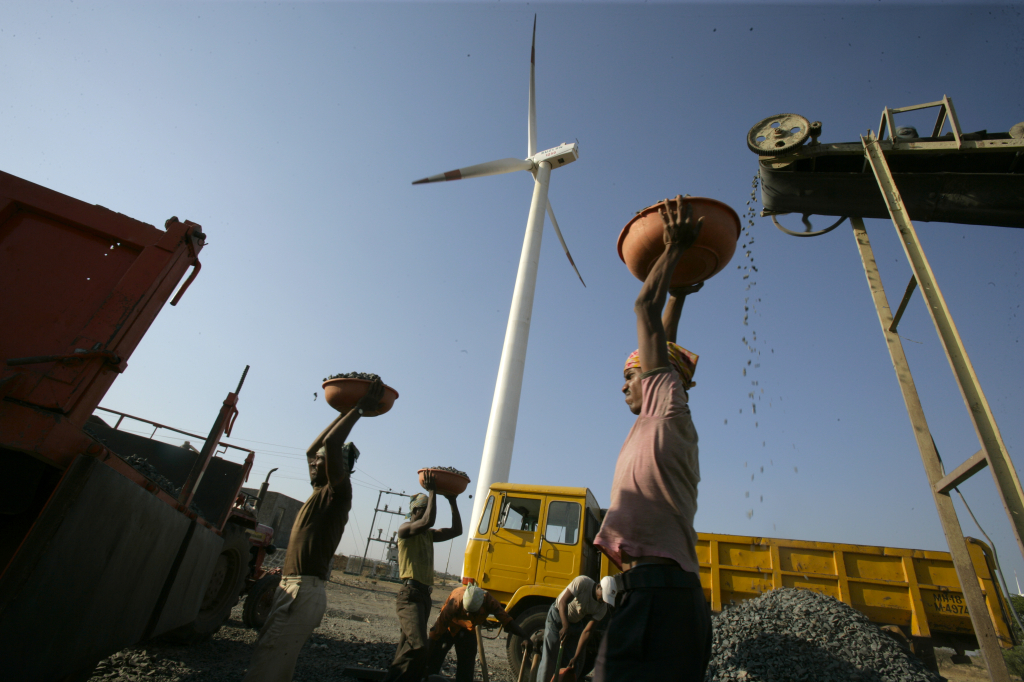
Liberals and their conservative Churchillian allies continue to celebrate bourgeois democracy and its electoral rituals as a great equaliser, claiming it ensures representation for all, regardless of background. However, the voices of the working class are routinely marginalised in electoral processes crafted to sustain bourgeois democracy—a system in which capital and markets are free, while labour is confined within the open-air prison of limited participation, reduced to casting a vote in elections where both the exploited and the exploiters appear as equals. This political equality does not translate into equal shareholders of democratic state and government as equal citizens. This political equality does not translate into equal ownership of the democratic state or equal standing as citizens in terms of availability and accessibility to power and resources.
While writing on The Proletarian Revolution and the Renegade Kautsky in 1918, Lenin described bourgeois democracy as one that “always remains, and under capitalism is bound to remain, restricted, truncated, false and hypocritical—a paradise for the rich and a snare and deception for the exploited, for the poor.” These ideas were further amplified in the works of Engels, who argued that “the modern representative state is an instrument of exploitation of wage-labour by capital.” The bourgeois state, along with its so-called democratic institutions, facilitates a wage-based exploitative system in which capital dominates labour. As a result, all productive, economic, political, and cultural systems that oppress working people globally are sustained by this capitalist structure today.
The Westphalian model of bourgeois democracy has fundamentally failed to emancipate labour because it remains embedded within bourgeois social, political, economic, and cultural structures. The bourgeois structures and processes inherently alienate, control, domesticate, and exploit labour. The domestication of labour by bourgeois forces is central to sustain and normalise inequality, ensuring the continued subjugation of the working class under the guise of democratic legitimacy. Bourgeois democracy often constructs and sustains alienating conditions of labour by institutionalising and prioritising capital accumulation over dignity of work, worker and humanly working conditions. The Westphalian bourgeois democracy is not designed to facilitate the empowerment and emancipation of labour; rather, it is structured to discipline labour and its productive power to ensure uninterrupted accumulation of capital. In the name of liberal values, bourgeois democracy often promotes conservative, feudal, and reactionary ideals, values, and practices.
Such an inherent institutional process and ideological practices facilitate the exploitation and marginalisation of labour. The legal, institutional, and ideological frameworks not only deepen capitalist democracy led by the market forces but also obscures class consciousness to protect and preserve the interests of the bourgeoisie. The alienation and structural subordination of labour to capital takes place with the help of policies and legal processes of governance where the states and governments normalise precarity of labour. The commodification of labour and its fetishisation within market processes determine wages and undermine the creative power of labour—its unique ability to generate value. Such an entrenched system persists within the framework of bourgeois democracy. In the name of freedom, individual liberty, representation, equality, diversity and inclusion, bourgeois democracy undermines labour which is central to the survival of capitalism as a system.
In the name of liberal values, bourgeois democracy often promotes conservative, feudal, and reactionary ideals, values, and practices. Capitalism has reduced democracy to mere electoral representation and participation. In practice, it is neither genuinely representative nor participatory, as citizens have little influence over the policies that shape their everyday lives. Any deviation from, or resistance to, anti-people policies is met with the brute force of the so-called democratic state and government, under the pretext of maintaining law and order for public safety. Bourgeois values and capitalist practices thus amount to a sheer mockery of true democracy.
The essence of the working class and the emancipation of labour are the twin foundations of radical democracy, in which workers collectively shape policies to ensure peace and prosperity for all—regardless of class, gender, race, caste, sexuality, or any other background. The struggle for democracy and the emancipation of labour is, therefore, a struggle to dismantle bourgeois democratic values and practices. Working people must reclaim the radical workers’ democracy they originally created to protect and promote their own collective interests. The collective spirit of cooperation and solidarity can serve as the foundation for global struggles toward an emancipatory democracy—one that ensures equality, liberty, justice, fraternity and peace for all.
